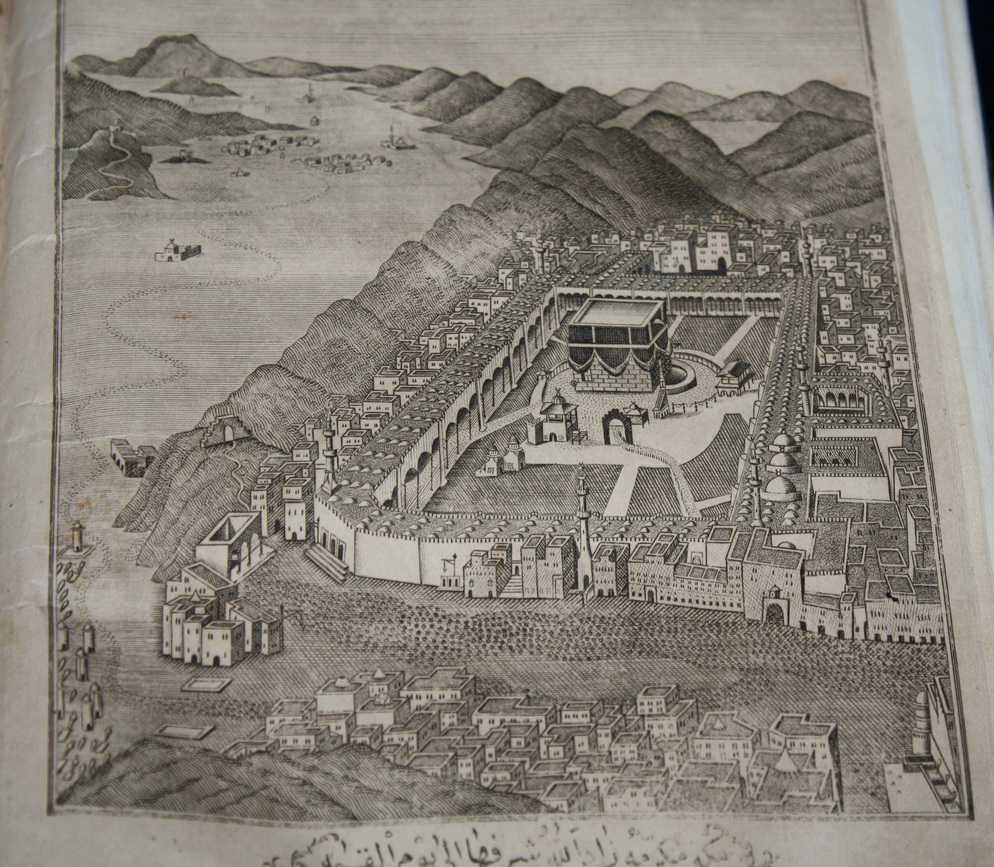FWP:
SETS == MAGAR
There's a line of scolding or reproach in English that consists of phrases like, 'You have a lot of nerve to... !', or 'Do you have the gall to...?', or 'And then you have the face to... !'. Of all these similar idioms, 'to have the face to'-- meaning, 'to be sufficiently brazen or impudent or shameless as to'-- seems nowadays, alas, to be archaic. If it could have been kept on life support long enough, it would have provided the best translation for the first line. A delightfully lively and colloquially energetic scolding, administered of course either by oneself or by some companion. Nazm illustrates it well, in his commentary on {189,9}. (Compare the very different use of the expression in {91,2}.)
And then the second line is a magnificent, classic case of
the uses of magar . If we take it as meaning 'perhaps',
then we have the wonderfully withering effect of 'Perhaps you have no sense
of shame?' And if we take it as meaning 'but', then we have the equally scathing
'But then, you never did have any sense of shame!'. The result is an irresistibly witty
(and complex) note on which to end the ghazal.

Nazm:
Your whole lifetime passed in idol-houses and churches-- now, if you go to the Ka'bah, how will you show your face to the Lord [ḳhudā ko kyā muñh dikhāʾoge]? (174)
== Nazm page 174